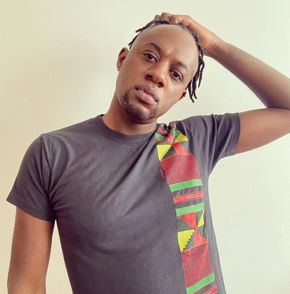A Stain on an All-American Brand: How Brooks Brothers Once Clothed Enslaved People

Jonathan Michael Square
The label of a coat purchased from Brooks Brothers.
Founded in the early 19th century, Brooks Brothers, like many other companies in the Northeast United States, supported and benefited from slavery in the South. By counting enslavers among its clientele, Brooks Brothers directly benefited from the buying and selling of enslaved men, women, and children. This talk explores the structure of the business, existing examples of Brooks Brothers–supplied clothing, and Brooks Brothers’ appeals to Southern clients to pay outstanding bills as evidence of its connection to the peculiar institution.
Attend in Person
This lecture is included with general admission. Presented by Bayou Bend Collection and Gardens, the talk takes place on the MFAH main campus, 5500 Main Street. Seating is available on a first-come, first-served basis.
Attend Online
To watch the presentation free via Zoom, sign up here.
About the Speaker
Jonathan Michael Square, assistant professor of Black Visual Culture at Parsons School of Design in New York City, considers histories of enslavement through the lens of fashion. His research has appeared in Hyperallergic, Ms. magazine, and Winterthur Portfolio, among other publications, and he has written on topics such as Harriet Tubman’s unacknowledged style, Gee’s Bend quilts, and costumes in the film Passing. Square has curated exhibitions including Slavery in the Hands of Harvard and Past Is Present: Black Artists Respond to the Complicated Histories of Slavery, and he is working on the book Negro Cloth: How Slavery Birthed the American Fashion Industry.
Education programs at Bayou Bend receive generous funding from Houston Junior Woman's Club; Sharon G. Dies; Mary Lynn and Steve Marks; Susan Vaughan Foundation; Ralph H. and Ruth J. McCullough Foundation; Ms. Bobbie Nau; and additional generous donors.
The education programs also receive endowment income from funds provided by Mr. and Mrs. A. L. Ballard; Mr. and Mrs. Charles W. Tate; and the James William Glanville and Nancy Hart Glanville Endowment.
